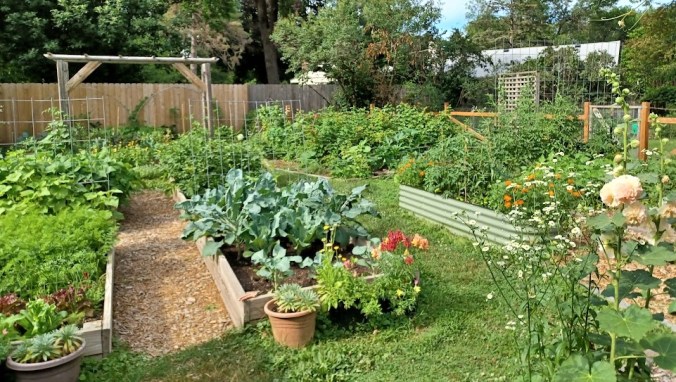Whether you’re a seasoned homesteader or just beginning your journey into sustainable living, learning how to get started with ducks can be both rewarding and enjoyable. Ducks are not only charming creatures but also provide eggs, pest control, and even companionship. In this guide, we will explore everything you need to know to start your duck-keeping adventure.

Why Choose Ducks for Your Homestead?
Ducks are a fantastic addition to any homestead. They are hardy, adaptable, and offer numerous benefits. Unlike chickens, ducks are less prone to certain diseases and can thrive in various environments. Plus, their eggs are rich in nutrients, making them a valuable source of food. For more insights on homesteading benefits, check out this guide on homesteading.
Choosing the Right Breed
Choosing the right breed is crucial to your success. Some breeds are better for egg production, while others are ideal for meat or ornamental purposes. Popular choices include Khaki Campbell, Pekin, and Indian Runner ducks. Research the breeds to find the one that best suits your homestead needs.
Setting Up a Home for Your Ducks
Creating a safe and comfortable environment is essential. Ducks need a secure coop or shelter that protects them from predators and harsh weather. Ensure they have access to a water source, as they love to swim and play. For ideas on setting up your homestead, explore homesteading for every budget.
Basic Shelter Requirements
When setting up a shelter, consider the following:
- Ample space for each duck
- Good ventilation
- Protection from predators
- Easy access to food and water
Water Needs
Ducks require access to clean water at all times. A small pond or kiddie pool can suffice, but ensure the water is regularly changed to maintain hygiene.
Feeding Your Ducks
Ducks have specific dietary needs. A balanced diet ensures healthy growth and egg production. You can find commercial duck feed at most farm supply stores. Additionally, ducks enjoy vegetables, grains, and insects.
Supplements and Treats
Consider adding oyster shells for calcium, especially if your ducks are laying eggs. Treats like peas, corn, and mealworms can also be given occasionally.
Caring for Your Ducks
Regular care involves monitoring their health, cleaning their living areas, and ensuring they have enough food and water. Ducks are generally low-maintenance, but vigilance is key to preventing any health issues.
Common Health Issues
Watch out for signs of illness, such as lethargy or changes in appetite. Consulting a vet familiar with poultry can be beneficial. For more information on poultry care, visit backyard chicken care.
Integrating Ducks with Other Animals
If you already have other animals on your homestead, integrating ducks requires patience. Ducks can coexist with chickens, goats, and other livestock, but it’s crucial to monitor their interactions initially.
Space Considerations
Ensure there is enough space for all animals to prevent overcrowding, which can lead to stress and aggression.
Breeding Ducks
Breeding ducks can be an exciting venture. If you’re interested in expanding your flock, ensure you have both males and females. Research breeding practices and be prepared for the responsibilities that come with raising ducklings.
Seasonal Care Tips
Each season presents different challenges. In winter, ducks need additional warmth and protection, while summer requires extra hydration and shade. Tailoring your care routine to the seasons ensures your ducks remain healthy year-round.
Utilizing Duck Products
Ducks offer more than just companionship. Their eggs are nutritious and can be used in various recipes. Duck feathers can be used for crafts, and their droppings make excellent fertilizer for your garden. Learn more about sustainable gardening at homestead gardening.
Community and Support
Joining a community of duck enthusiasts can provide valuable support and resources. Online forums, local clubs, and social media groups are great for sharing experiences and advice.

FAQs
What do ducks eat?
Ducks eat a variety of foods, including commercial feed, vegetables, grains, and insects. Ensure their diet is balanced for optimal health.
Can ducks live with chickens?
Yes, ducks can coexist with chickens, but they require separate sleeping areas due to different needs and habits.
How often do ducks lay eggs?
Depending on the breed, ducks can lay eggs almost daily during their peak laying period.
Starting with ducks on your homestead can be a fulfilling experience. With the right knowledge and preparation, you’ll enjoy the many benefits these delightful birds bring. Dive into the world of ducks and enrich your homestead life today!




